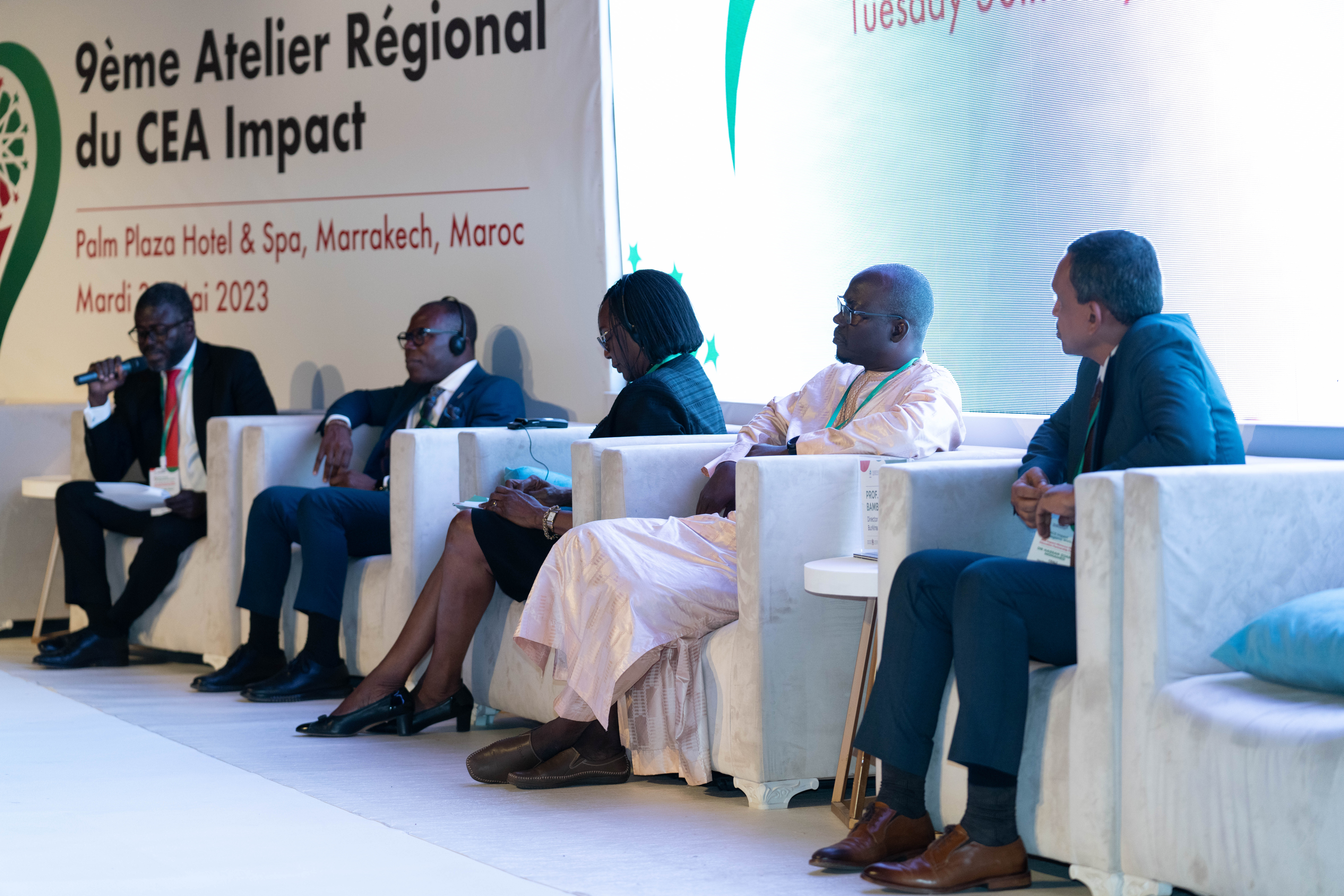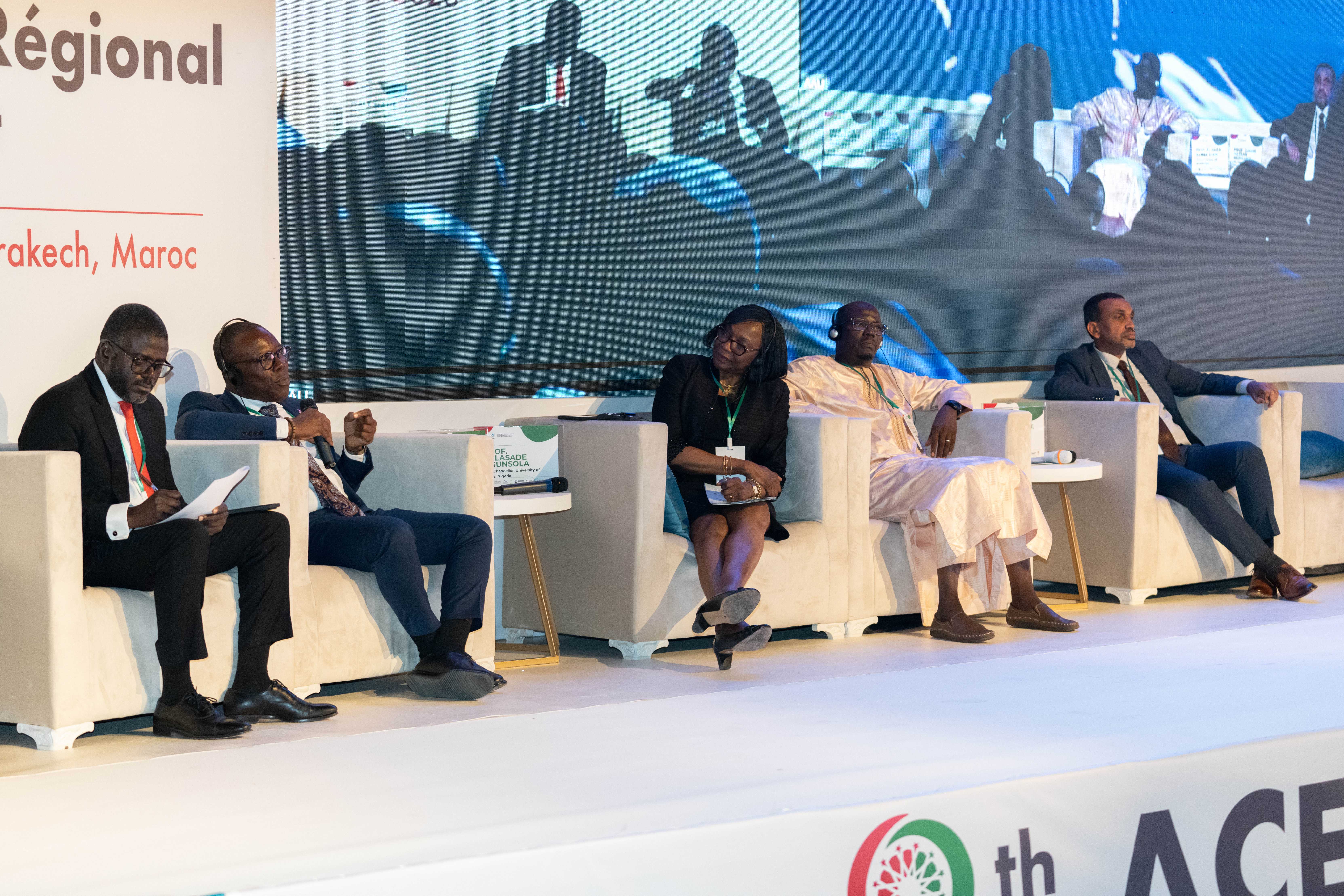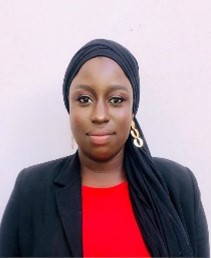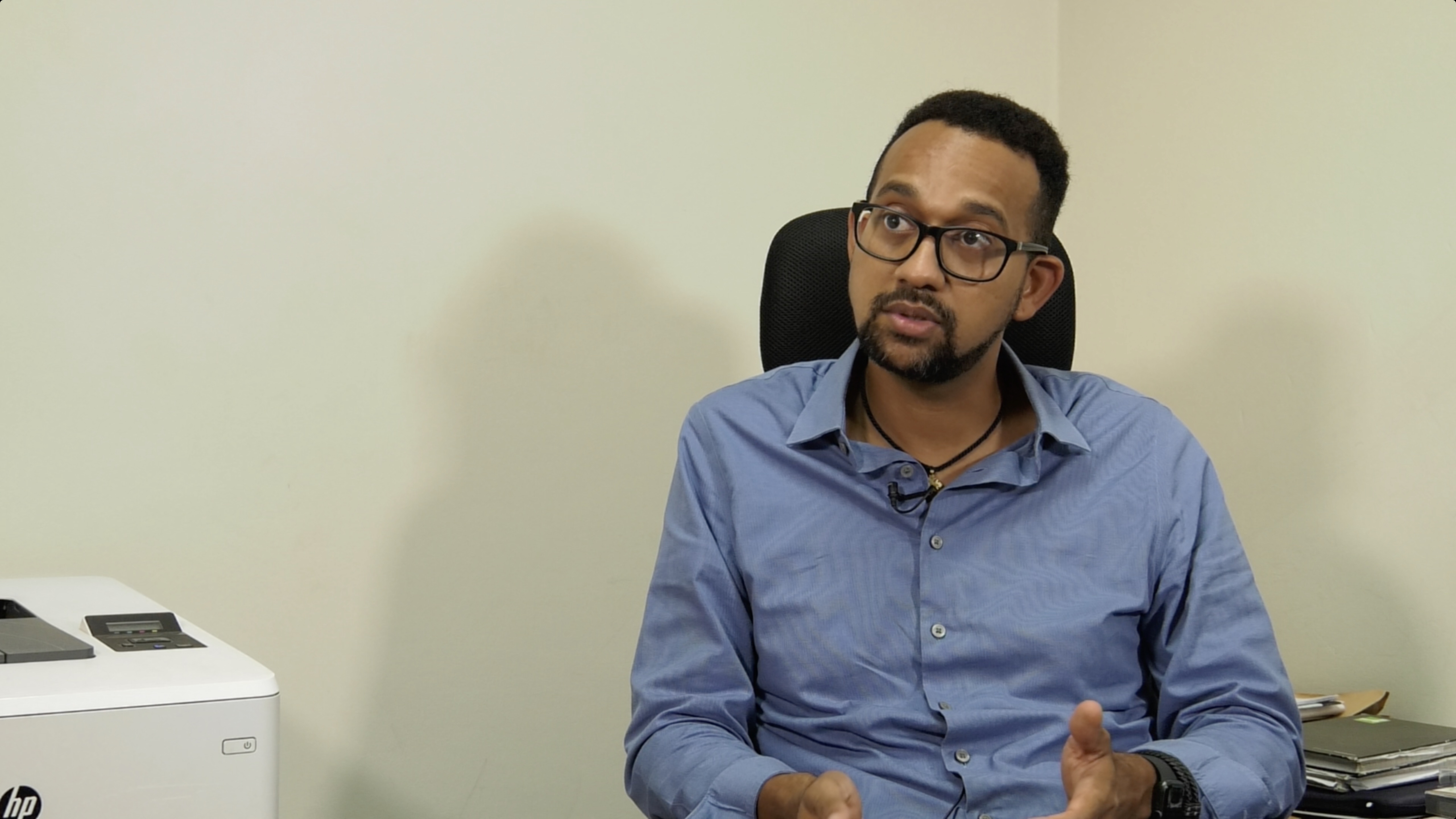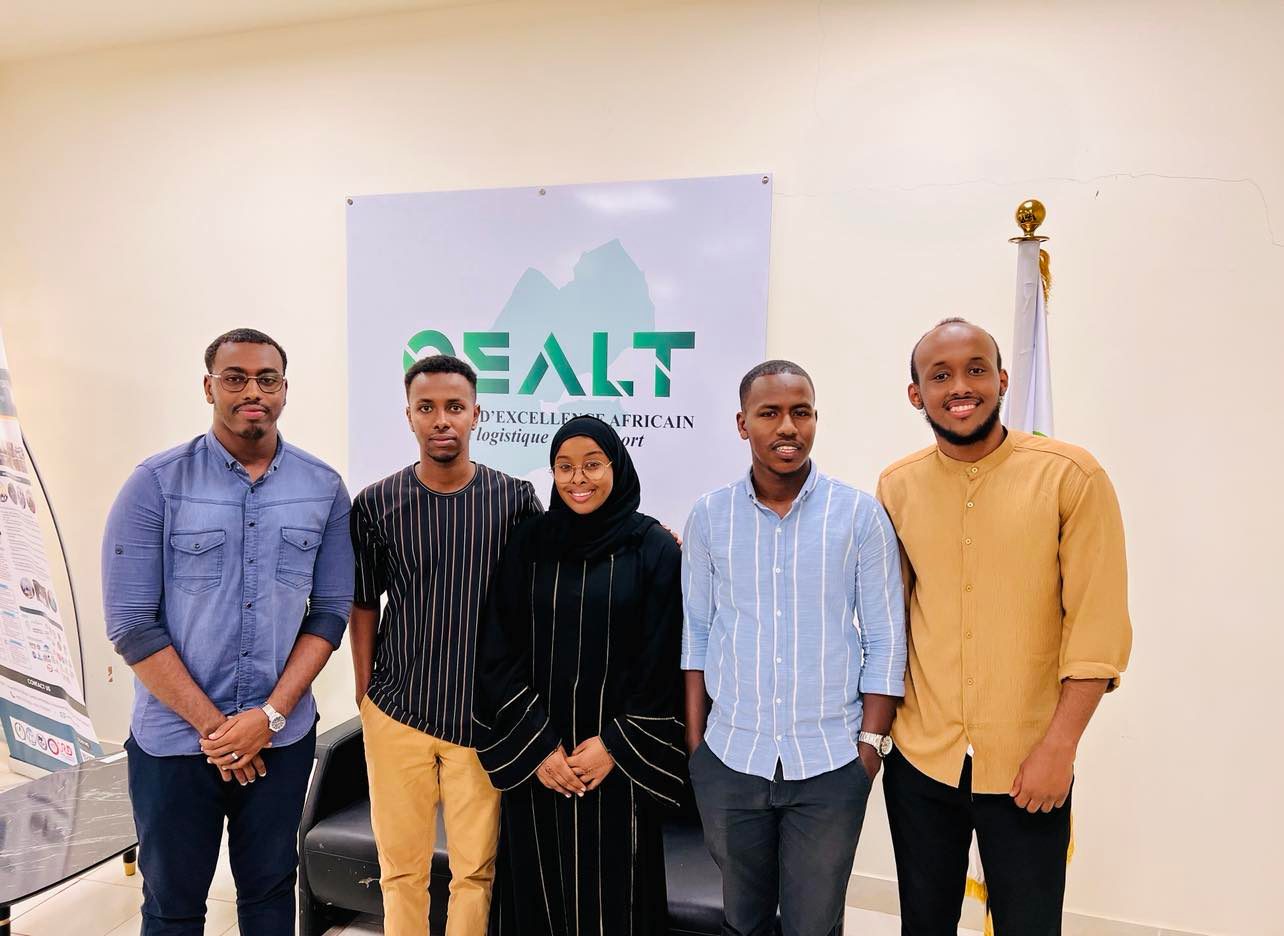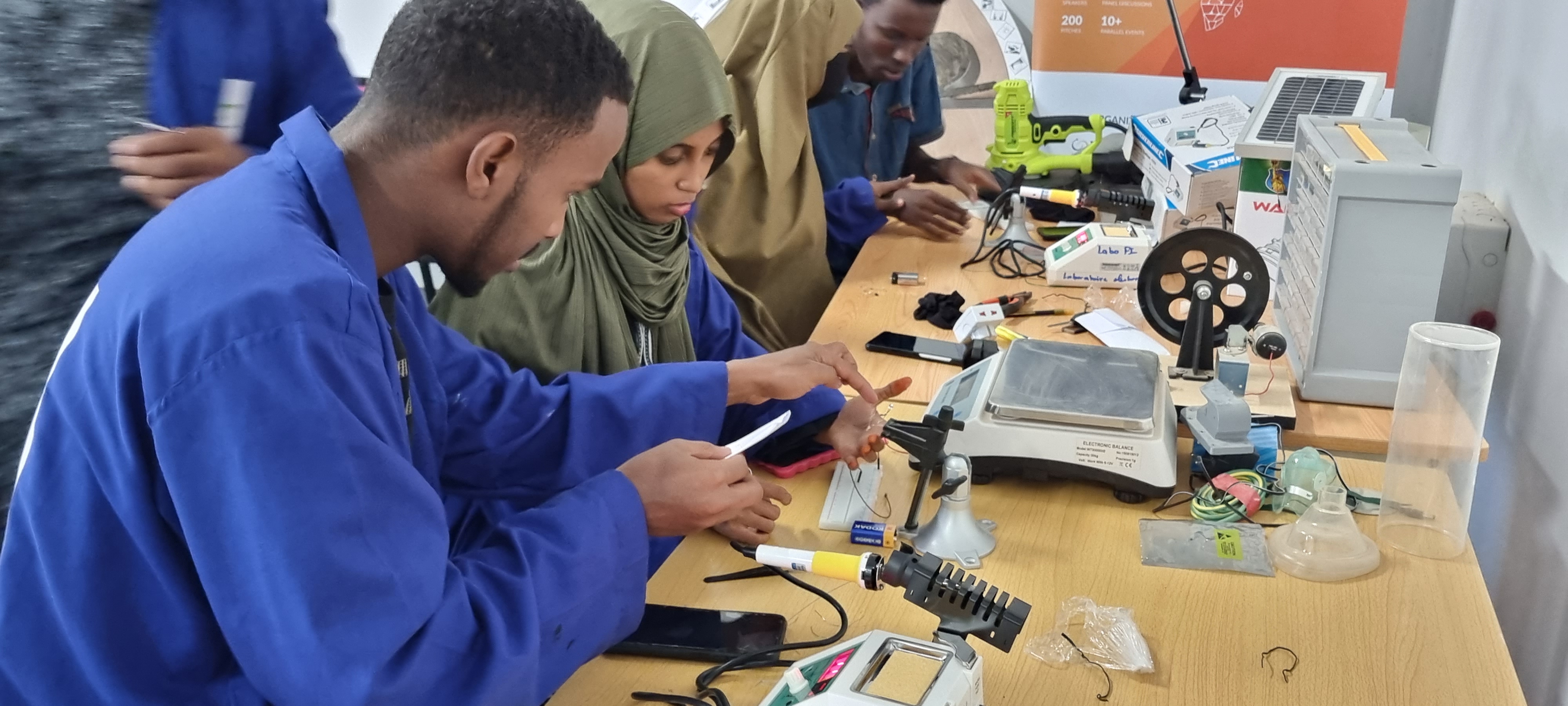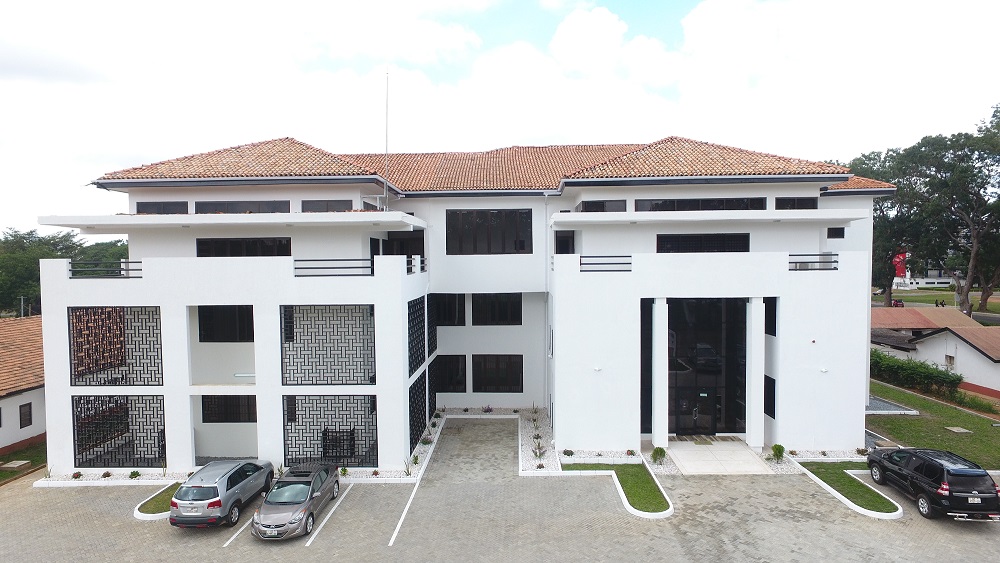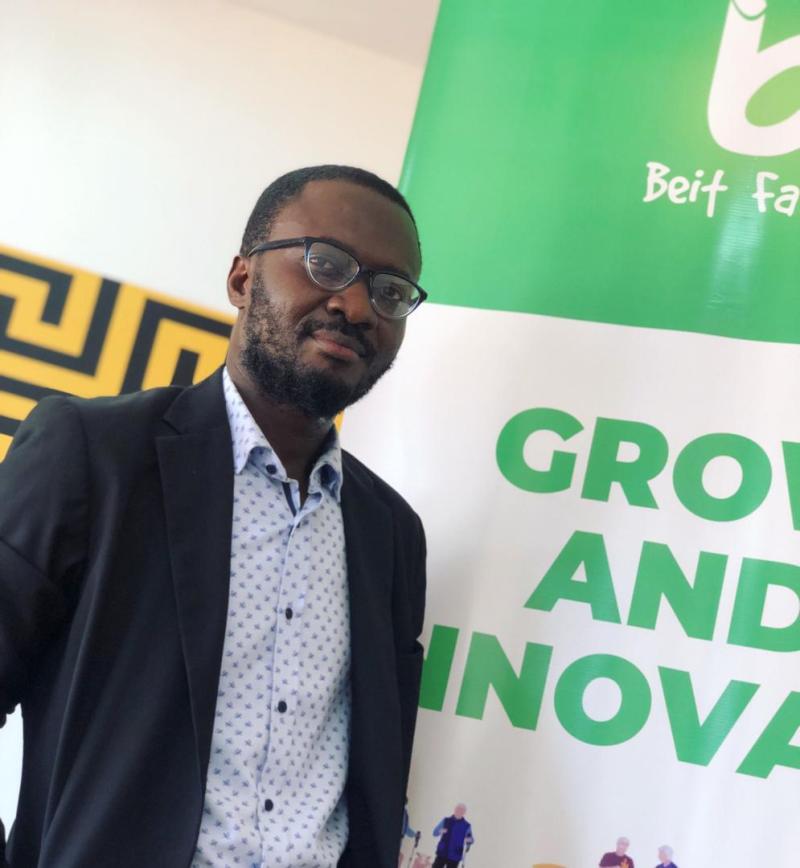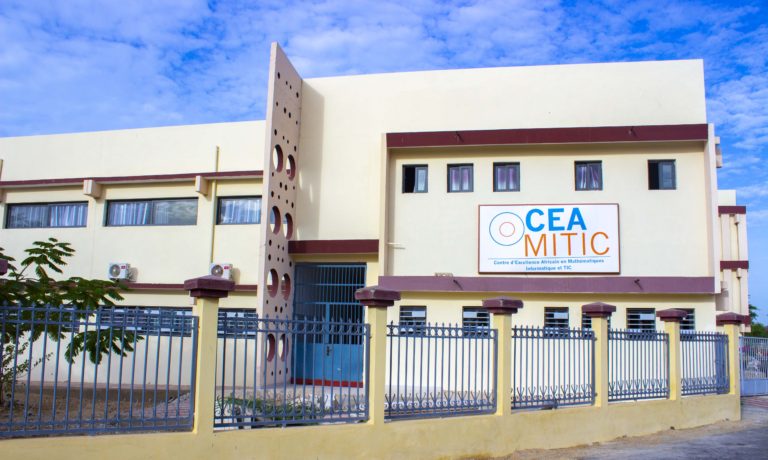Looking Ahead: Vice Chancellors’ Perspectives on Sustaining the Impact of the ACE Project
During the 9th ACE Impact Regional Workshop that was held in Marrakech, Morocco from 29 May to 2 June 2023, Dr Waly Wane a World Bank Practice Manager for West and Central Africa moderated an insightful question and answer panel involving four Vice Chancellors from Nigeria, Djibouti, Ghana, and Burkina Faso. The purpose of the Q&A session was to explore how universities hosting ACEs could best support their centers achieve sustainability beyond the World Bank funding by paying attention to human resources, funding, useful partnerships and other aspects.
The distinguished panelists were Professor Folasade Tolulope Ogunsola, Vice Chancellor from University of Lagos; Professor Djama Hassan Mohamed, Vice Chancellor from University of Djibouti, Djibouti; Professor Ellis Owusu Dabo, Pro Vice Chancellor, Kwame Nkrumah University of Science and Technology, Ghana; and Professor El Hadji Bamba Diaw, Director General, 2iE, Burkina Faso.
On sustaining the ACE Impact Centers beyond the World Bank funding, Professor Ellis Owusu Dabo, the Pro Vice Chancellor, Kwame Nkrumah University of Science and Technology, from Ghana advised that it was important for all Centers to have embraced the concept of sustainability from the beginning of the project and to have integrated it to all their plans. He underscored that funding was a key indicator of sustainability and that ACE Impact hosting universities must develop diverse funding mechanisms. “Sustainability is a cross-cutting issue that requires governments, universities, departments, and the individual staff to all be involved and working together in an integrated manner”, stated Prof Owusu Dabo.
The Vice Chancellors said the next phase of the ACE Impact Project should consider supporting universities to move their research towards “tangibles / inventions” such as innovations, entrepreneurship / businesses, and technological products. They agreed that Africans must focus on solving African problems for the benefit of Africa. “One such urgent problem was alternative energy sources and reducing energy wastage so that universities could power their sophisticated laboratories without experiencing power outages”, said Professor Folasade Tolulope Ogunsola. Professor El Hadji Bamba Diaw emphasized that the next stage of the ACE Impact project also needed to prioritize state of the art infrastructures and equipment for high-end computing.
When asked how the University of Lagos achieved its goal of having a sufficient number of qualified faculty to support post-graduate supervision and teaching, Professor Folasade Tolulope Ogunsola stated that they had been “intentional in developing multi-disciplinary teams and in identifying like minded people keen to work and not motivated by monetary gains”. She also said that the University of Lagos used its policy allowing the use of international collaborators for co-supervision. The University of Lagos has also changed its staff appraisal form to emphasize the value of supervision – and this has supported the creation of incentives for quality students supervision. She also indicated that the university also complements the research support provided by the ACE Impact to encourage high quality publishing.
Professor El Hadji Bamba Diaw, Director General, 2iE, from Burkina Faso shared lessons on how 2iE had integrated entrepreneurship into its academic programs and overall institutional approach. He stated that 2iE had focussed on strengthening its ecosystem of entrepreneurship and innovation through building university level to support entrepreneurship and making entrepreneurship training compulsory for all students. “2iE considers entrepreneurship important for handling development projects and responding to the challenges facing Africa and therefore promotes innovation platforms and spaces to exchange ideas, promote business concepts and nurture those ideas / concepts” said Prof Diaw.
Professor Djama Hassan Mohamed, Vice Chancellor from the University of Djibouti stated that the ACE Impact project had challenged them as a university to adopt new ways of doing business and unifying their decision making and procedures. “The University of Djibouti used opportunities to understand the project through elaborate training on disbursement linked indicators, monitoring and evaluation, safeguards procedures and project management”, said Prof Djama.
The Vice Chancellors agreed on the value and benefits that the ACE project had brought to their institutions, countries, and Africa as a whole. Some of the key bonuses of the project that they mentioned included strengthened resource mobilization techniques, beneficial linkages and partnerships, increased visibility for the universities and the centers, strengthened capacities to implement demanding projects, attraction of students from various African countries, inter-cultural exchanges through regional events and academic / student mobilities, strengthened national collaborations with governments and regulatory institutions, increased research publications, a critical mass of future faculty trained, infrastructure and laboratories built, efficiencies in community trainings, accreditation of programs.
